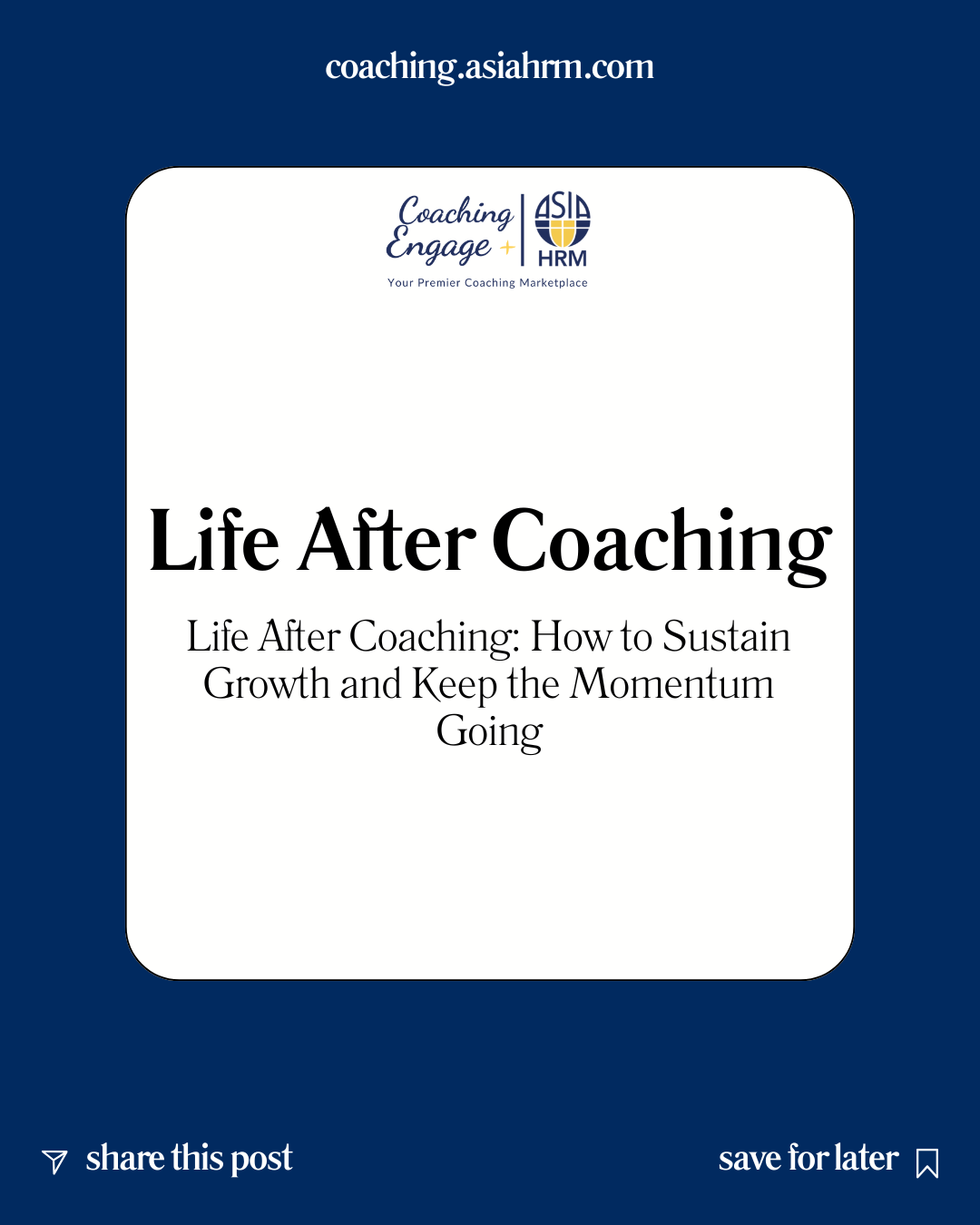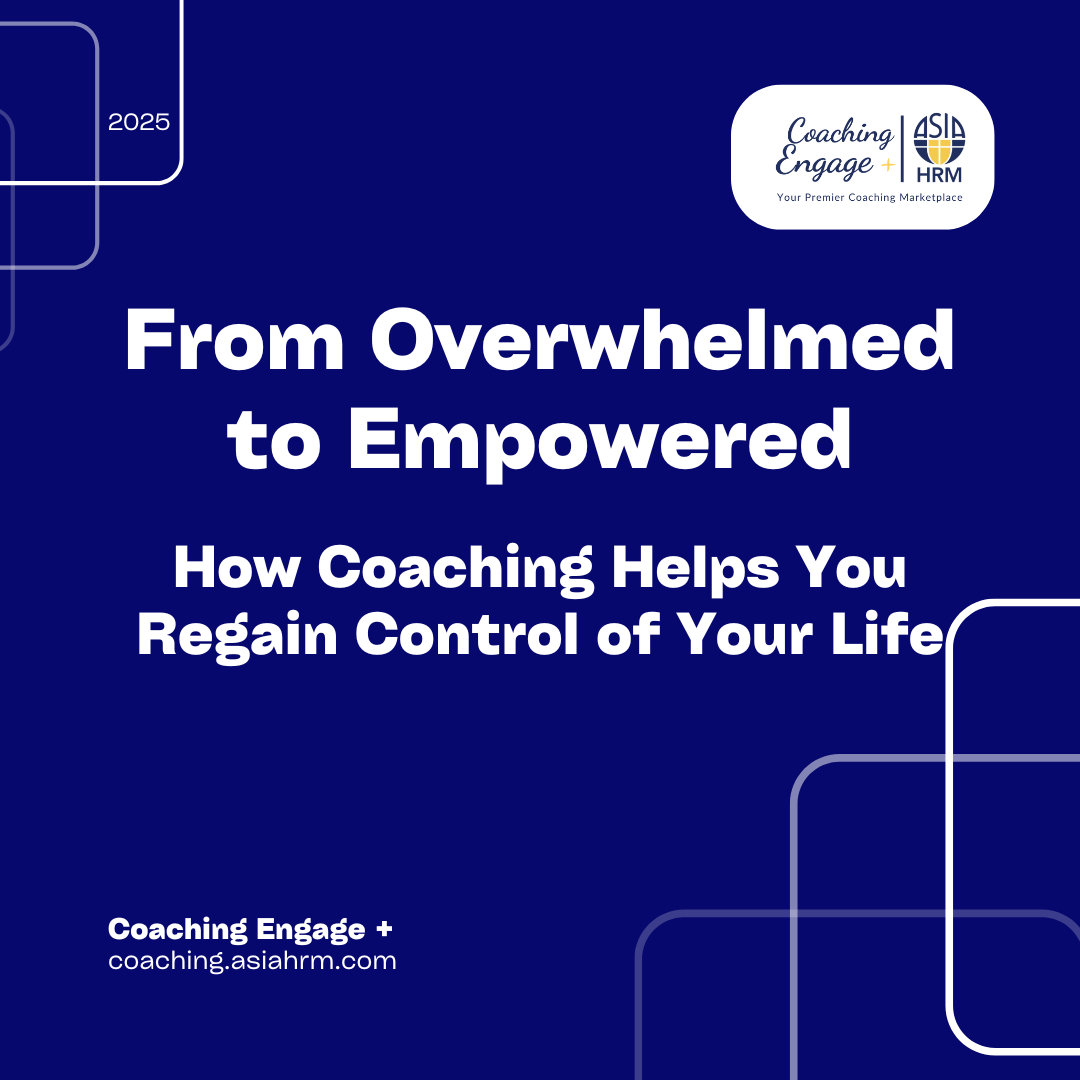Coaching is often seen as a tool for achieving personal goals, but its impact goes far beyond that. The ripple effect of coaching extends into relationships, workplace culture, and even entire communities. When one person grows, the positive changes spread, influencing those around them in powerful ways.
If you’ve ever wondered how coaching creates long-term transformation, let’s explore the many ways it reshapes lives—not just yours, but also the world around you.
1. Coaching Transforms Your Mindset
One of the biggest shifts that coaching creates is a change in mindset. You move from self-doubt to confidence, from hesitation to action. This shift doesn’t just help you—it inspires those around you.
When you begin to see challenges as opportunities and setbacks as learning experiences, you naturally encourage others to do the same. Whether it’s your colleagues, friends, or family, your growth fuels their motivation.
2. Stronger Relationships, Better Communication
Personal development through coaching leads to improved emotional intelligence and self-awareness. These skills translate into:
- Healthier personal relationships – You learn to communicate openly, resolve conflicts, and build deeper connections.
- More effective leadership – You become a better listener, mentor, and team player.
- A positive workplace environment – A growth mindset spreads, fostering collaboration and mutual support.
As you become a better version of yourself, those closest to you benefit from your improved communication, patience, and ability to inspire others.
3. The Workplace Ripple Effect: Better Leaders, Happier Teams
Leadership coaching isn’t just for executives—it benefits entire organizations. When one leader improves, the entire team thrives.
- A leader with clarity and emotional intelligence fosters a supportive work culture.
- Employees feel more valued and motivated, leading to higher engagement and productivity.
- The company benefits from reduced burnout and improved collaboration.
The ripple effect of coaching turns good teams into great ones by cultivating a culture of growth and accountability.
4. Coaching and Community Impact
Your personal transformation extends beyond your inner circle. When you embrace growth and success, you inspire others to do the same.
- Mentorship opportunities – You become someone who uplifts and guides others.
- Greater social impact – Your improved leadership skills help drive change in organizations, nonprofits, and community initiatives.
- A culture of empowerment – Whether through volunteering, coaching others, or simply leading by example, you contribute to a more motivated and engaged society.
5. The Secret Sauce of Success: Coaching for Lifelong Growth
Coaching isn’t just a one-time process—it’s a lifelong tool that keeps you growing. The benefits compound over time, shaping your success story in ways you never imagined.
Want to learn more about how coaching fuels long-term success? Read The Secret Sauce of Highly Successful People Coaching.
Final Thoughts: Growth is Contagious
The power of coaching isn’t just in achieving personal goals. It’s in the ripple effect—how your transformation inspires and uplifts those around you. Whether it’s improving workplace culture, strengthening relationships, or making a lasting impact in your community, the changes you make today will echo far into the future.
Are you ready to take the first step? Coaching is more than self-improvement—it’s a catalyst for collective success.










